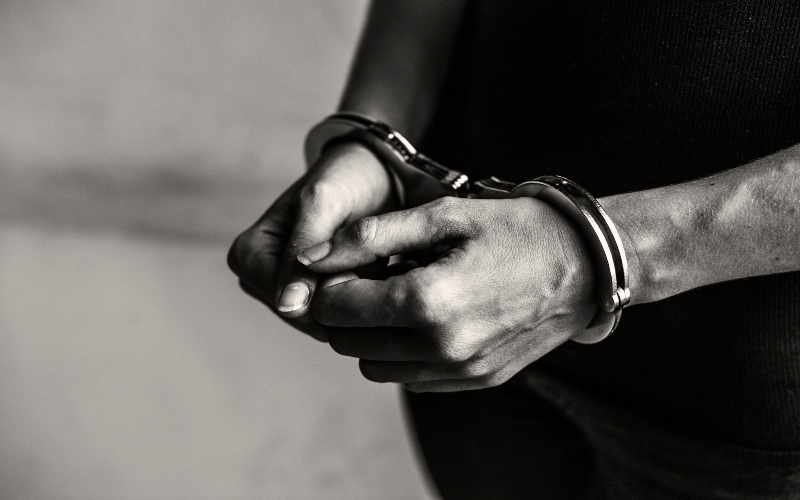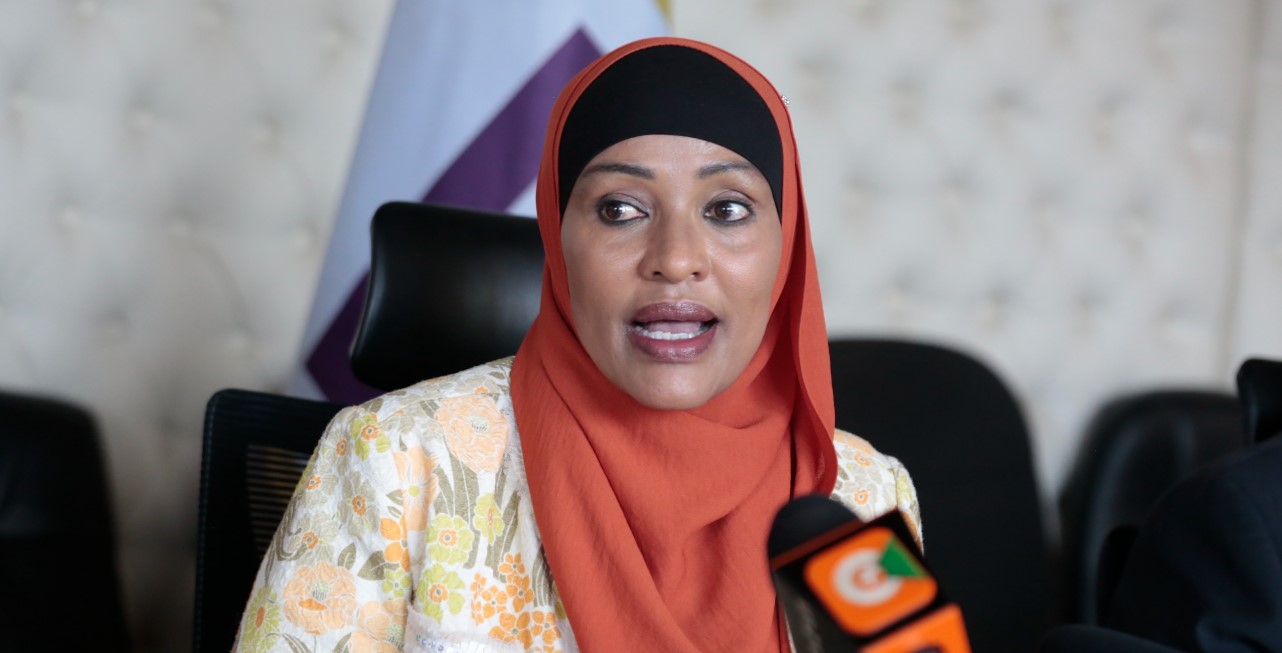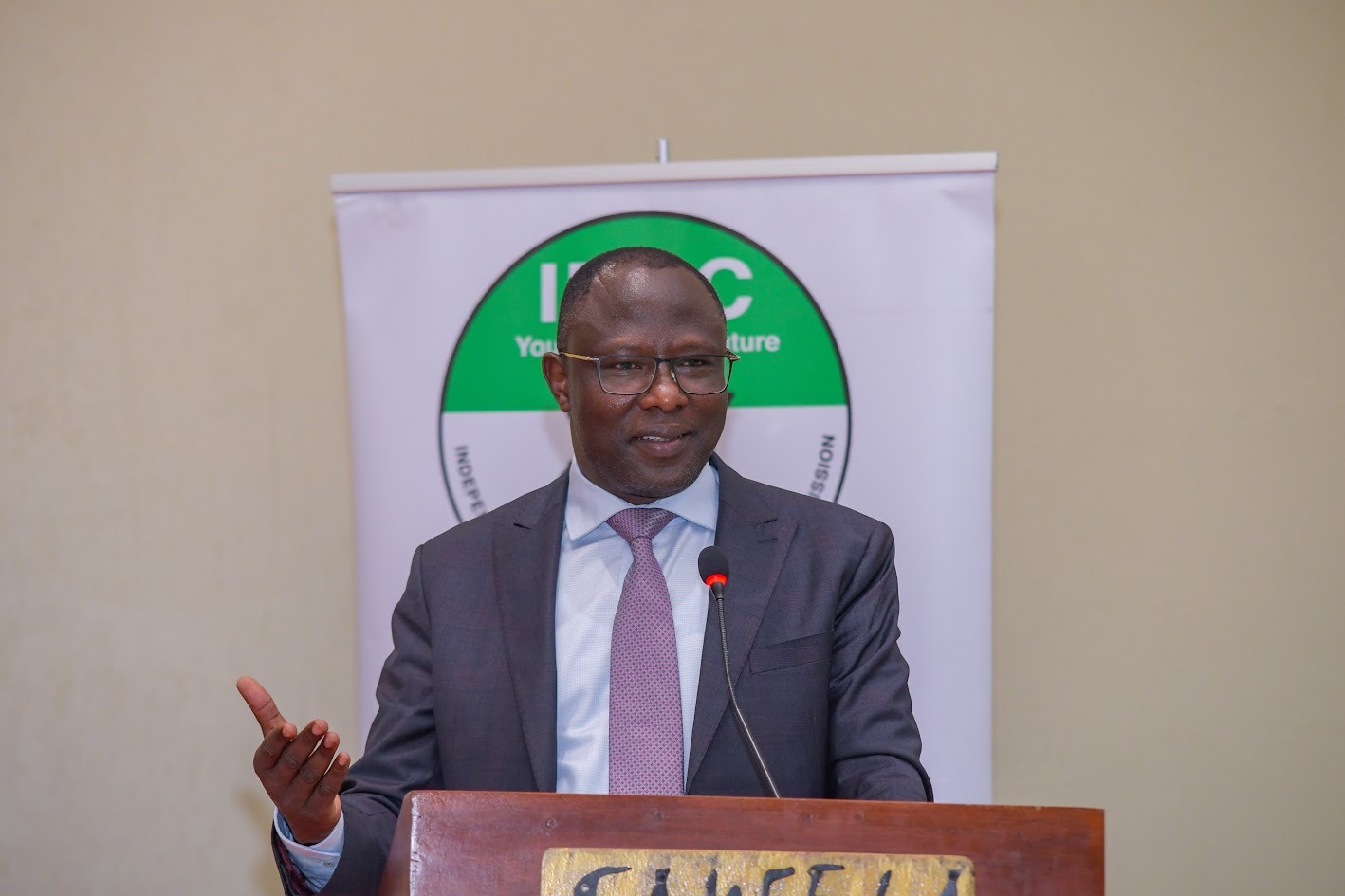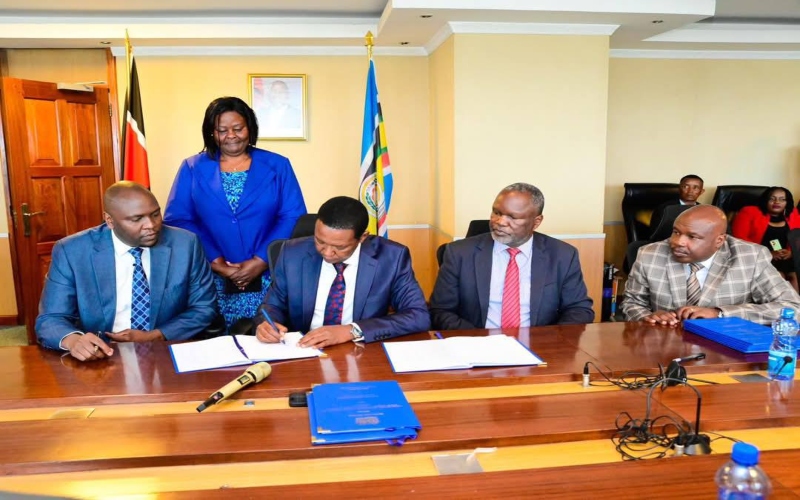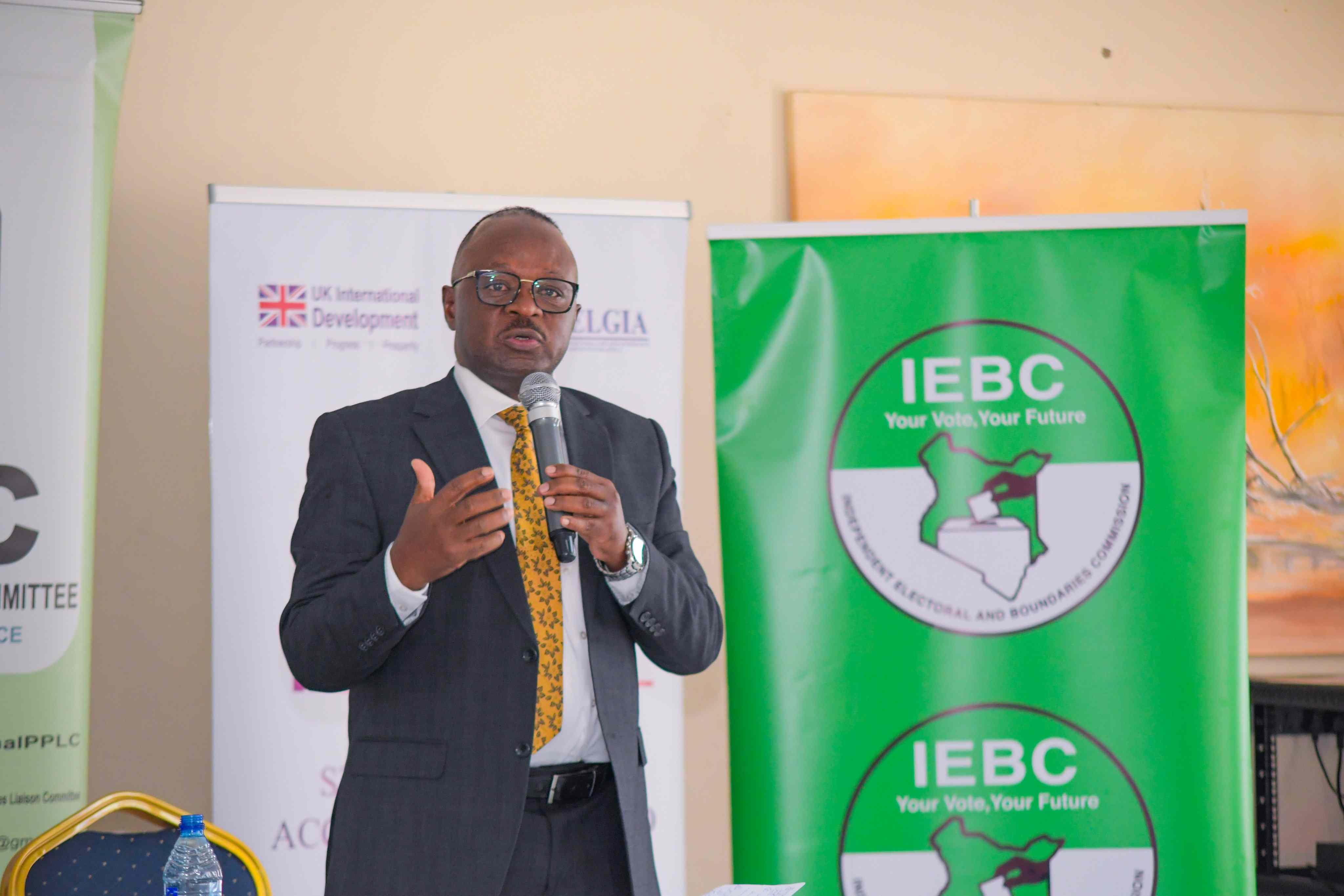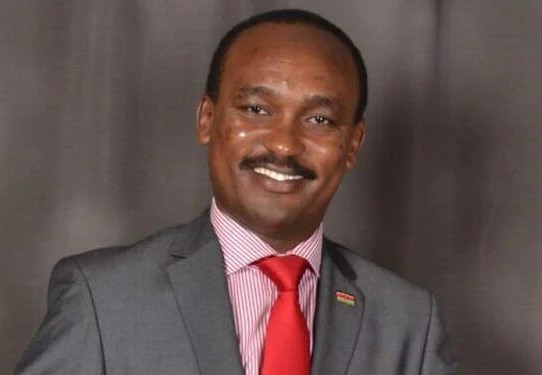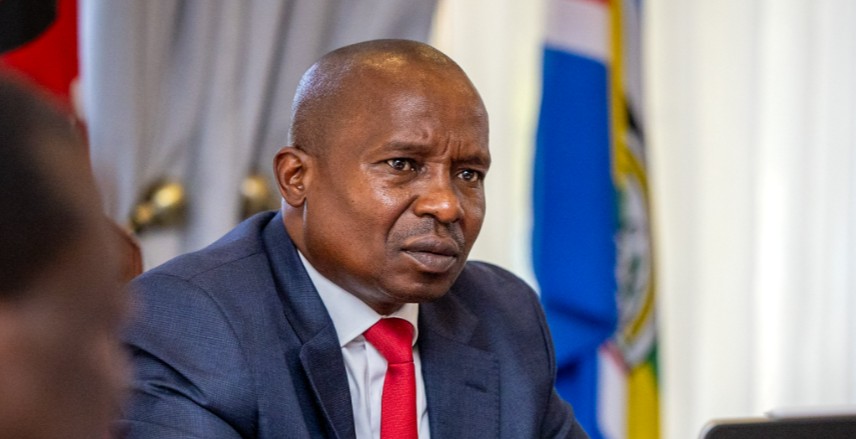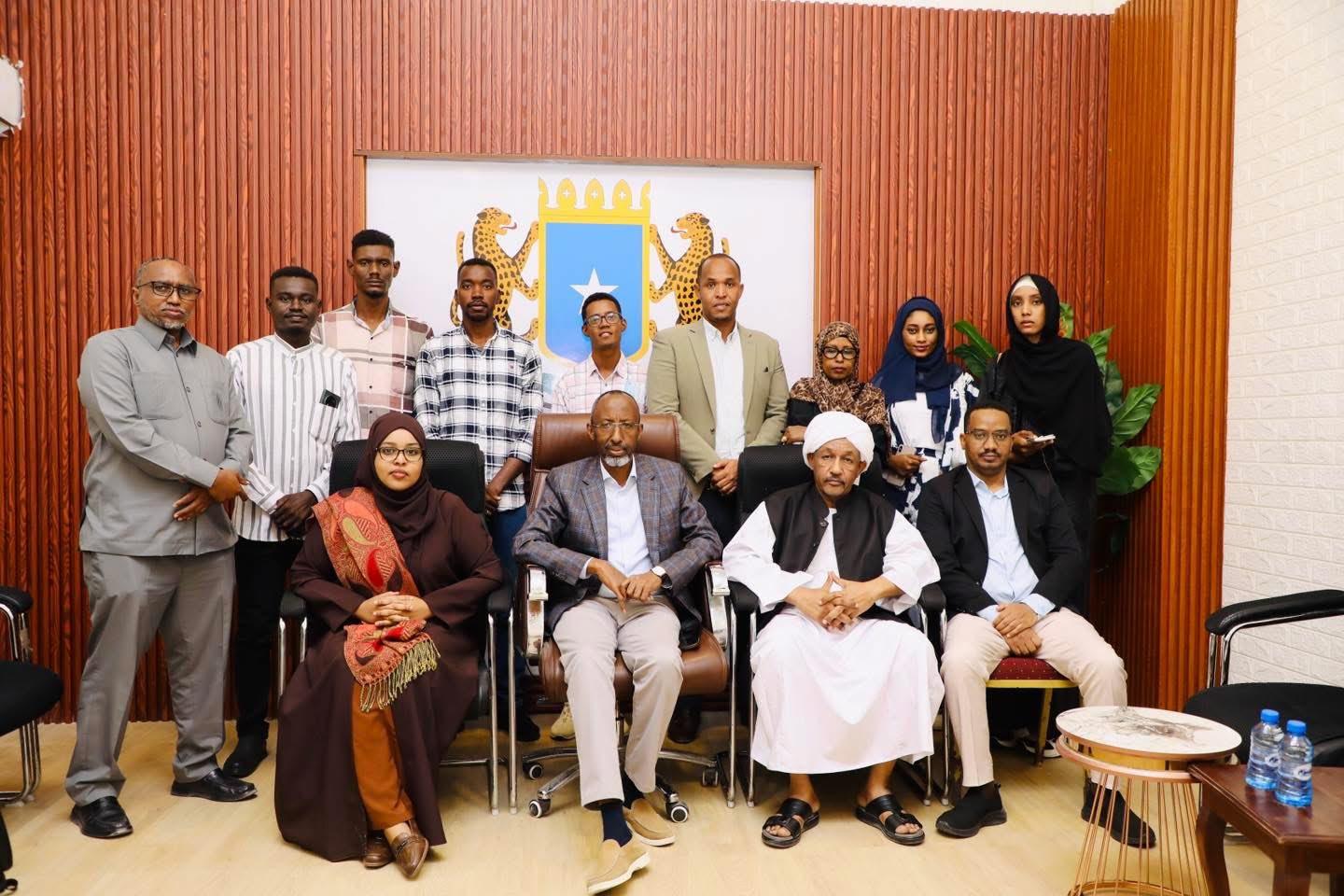Hope for civilians as ICC announces plans to renew DRC investigation
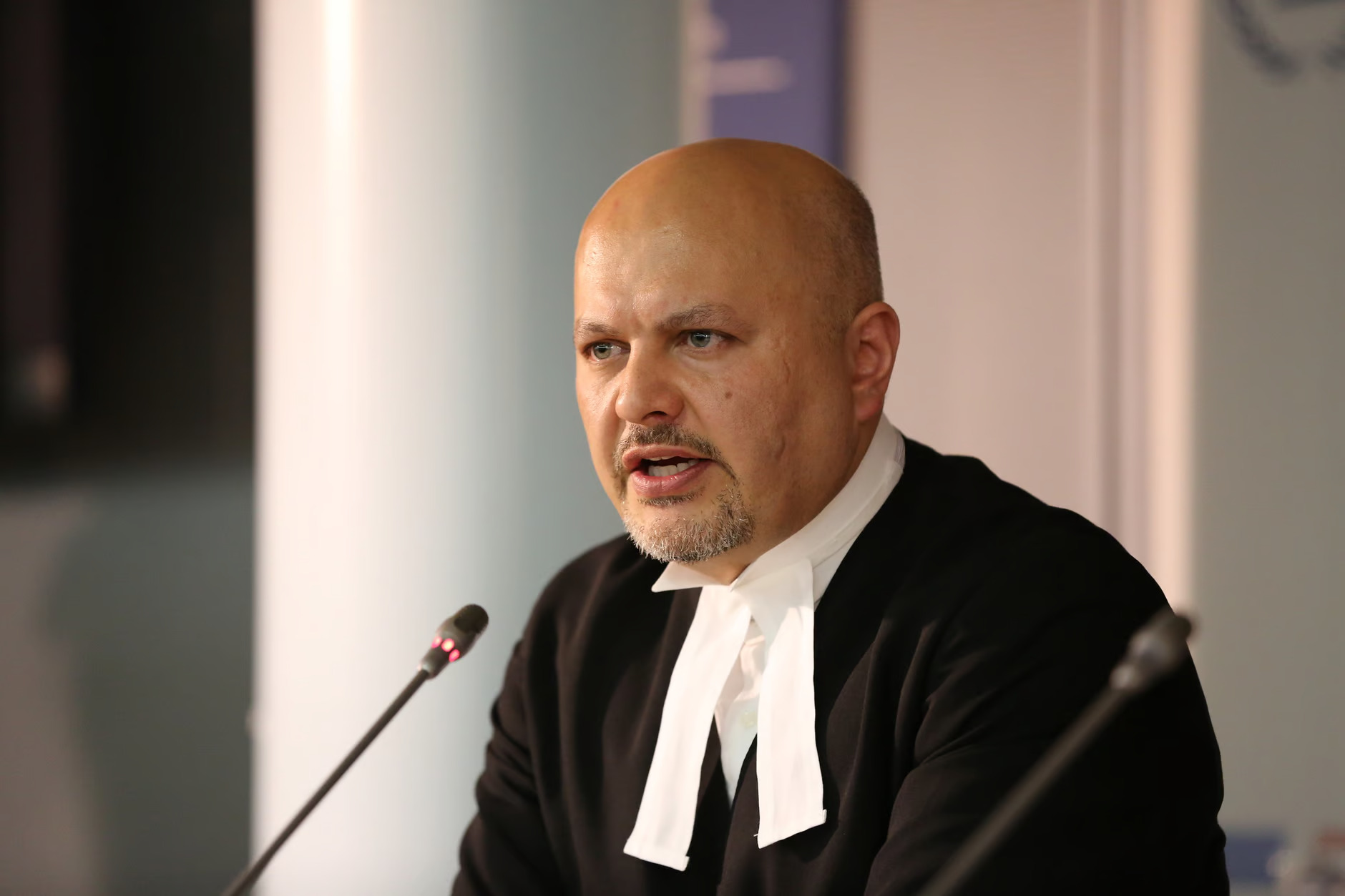
On Tuesday, ICC Prosecutor Karim Khan confirmed that the investigation will focus specifically on alleged crimes in North Kivu from January 2022 to the present.
More To Read
- ICC ends 13-year probe into Kenya’s post-election violence as two fugitives remain at large
- ICC urged to probe Tanzania over post-election civilian killings
- Kenya’s Phoebe Okowa elected to serve as judge at International Court of Justice
- ICC confirms war crimes charges against Joseph Kony in absentia
- Sudan crisis deepens as ICC warns El-Fasher atrocities may be war crimes
- UN Rights Chief appalled by continued killing of civilians in Sudan
An announcement by the International Criminal Court (ICC) Office of the Prosecutor to reopen criminal investigations into political violence in the North Kivu region of the Democratic Republic of the Congo (DRC) marks the latest effort to curb decades of violence that have left millions displaced and many others killed.
The move follows a request made by the DRC government in May last year, asking the court to investigate armed groups wreaking havoc in the eastern parts of the country. This request invokes Article 14 of the Rome Statute, which allows countries under ICC jurisdiction to request an investigation into alleged international crimes and whether "one or more specific persons should be charged with the commission of such crimes."
On Tuesday, ICC Prosecutor Karim Khan confirmed that the investigation will focus specifically on alleged crimes in North Kivu from January 2022 to the present.
Khan noted that the violence in the region has retained a consistent character throughout this period.
"I have determined that the latest episodes of violence in North Kivu since 2022 are interconnected with patterns of violence and hostilities that have plagued the region since at least July 1, 2002, the start of the Court's jurisdiction in the DRC. Therefore, any alleged Rome Statute crimes committed in North Kivu since January 1, 2022, would fall within the remit of the ongoing investigation opened in June 2004," he stated.
This is the second appeal to the court within the last two decades. The ICC previously opened an investigation into the region in June 2004, focusing on the Ituri region and North and South Kivu Provinces.
"I welcome the decision by the DRC authorities to set up a steering committee to work on the establishment of a special criminal court for the DRC. My Office stands ready to provide technical assistance to the DRC... as we seek to increase the impact of our collective actions in the fight against impunity for international crimes," said Mr Khan.
Kinshasa has already established domestic judicial structures to handle the alleged international crimes.
When the investigation was first opened in 2004, the Prosecutor's office acknowledged that crimes had been reported since the 1990s. However, the Court's jurisdiction began on July 1, 2002.
"States, international organisations, and non-governmental organisations have reported thousands of deaths by mass murder and summary execution in the DRC since 2002. The reports allege a pattern of rape, torture, forced displacement, and the illegal use of child soldiers," the Prosecutor’s office said at the time.
The probe led to six cases, resulting in seven arrest warrants. One individual was arrested, while another remains at large.
Proceedings began in 2012, with notable convictions. Thomas Lubanga was sentenced to 14 years in prison after being found guilty of war crimes, including enlisting underage children. Germain Katanga was sentenced to 12 years for war crimes and crimes against humanity, and Bosco Ntaganda was sentenced to 30 years for war crimes and crimes against humanity. Ntaganda was transferred to Belgium to serve his sentence at the Leuze-en-Hainaut prison.
An arrest warrant for Sylvestre Mudacumura, issued on July 13, 2012, remains unfulfilled, with the suspect still at large.
Top Stories Today
